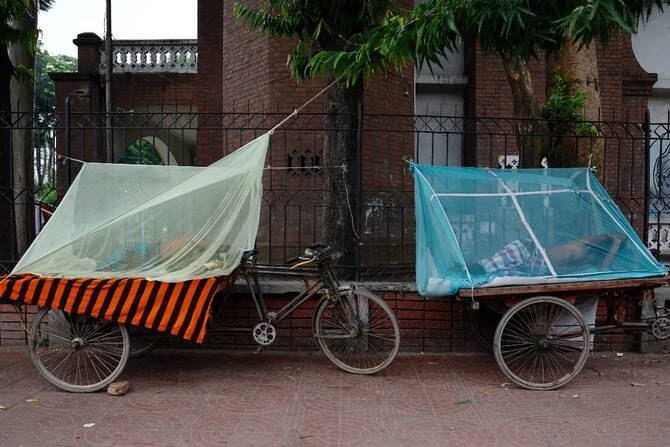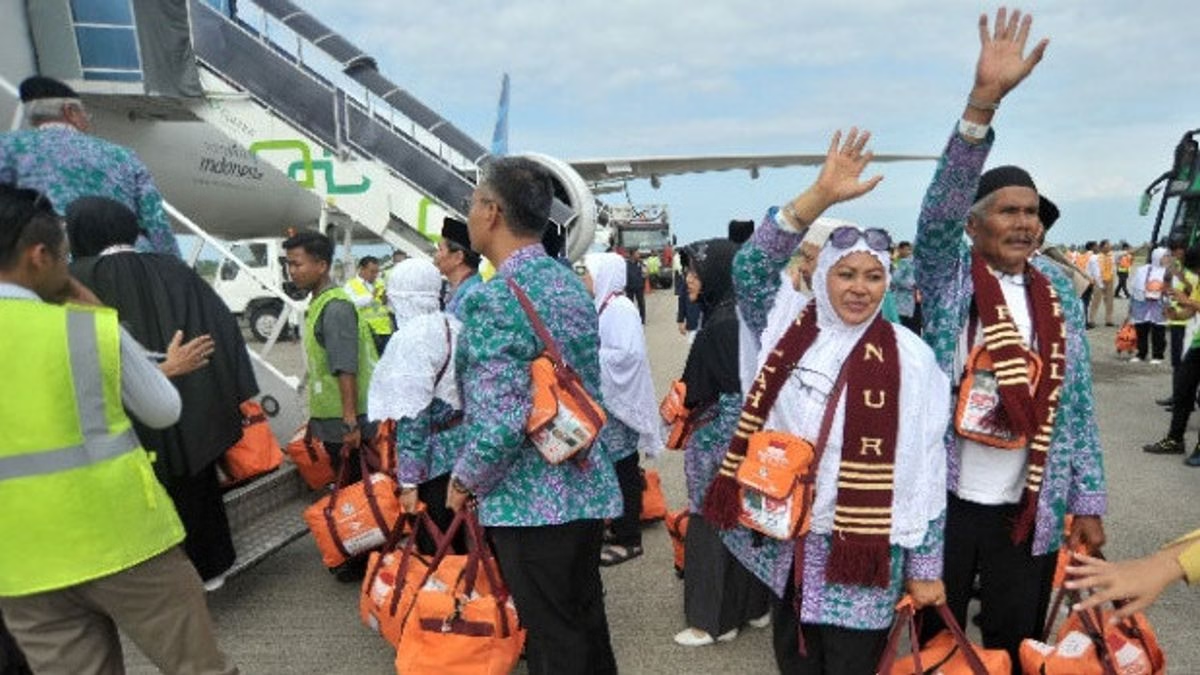In a troubling development, a new case of polio has been confirmed in the Tank district of Khyber Pakhtunkhwa, Pakistan. The National Emergency Operation Center (EOC) reported that the victim is a 10-month-old child, raising fresh concerns over the country’s ongoing battle to eradicate this preventable but deadly disease.
Polio Cases in Pakistan Reach 18 in 2025
According to the National Institute of Health’s (NIH) Polio Laboratory, this new case brings the total number of polio cases in Pakistan in 2025 to 18, a worrisome figure considering the country’s ambitious goal of achieving a polio-free status in the near future.
Health experts and officials from the National EOC have issued urgent warnings, stating that every unvaccinated child remains at high risk of contracting the poliovirus. In areas with low immunization coverage, particularly in parts of southern Khyber Pakhtunkhwa, the virus continues to find vulnerable targets.
Vaccination Remains the Only Reliable Shield Against Polio
The National EOC emphasized that the only effective method to prevent polio is through repeated administration of the polio vaccine. This includes ensuring that children receive their scheduled oral polio drops during each national and sub-national immunization campaign.
Officials reiterated that missing even a single round of vaccination can expose children to the risk of lifelong paralysis and disability. Given that the virus is highly contagious, especially in communities with poor sanitation, widespread immunization remains a top priority for public health authorities.
Urgent Appeal to Parents: Protect Your Children
With another child now affected, the EOC has renewed its appeal to all parents across the country:
Please ensure your children under five receive polio drops during every campaign. This is not just about one dose or one round—it’s about consistent protection throughout early childhood.
The importance of community participation in polio eradication efforts cannot be overstated. Resistance, misinformation, and vaccine hesitancy have previously hampered campaigns in certain regions, and health workers continue to face challenges ranging from logistical hurdles to public mistrust.
Polio Eradication: A National Imperative
Dr. Ilyas, a senior health advisor at the NIH, commented on the broader implications of the disease:
The complete eradication of the poliovirus is not just a health priority—it is essential for the national prosperity and future of our children.
Indeed, countries that have successfully eliminated polio have seen improved health outcomes, greater international credibility, and stronger public health infrastructure.
Combating Misinformation and Myths
Unfortunately, despite overwhelming scientific evidence, polio vaccine myths persist. One common and dangerous misconception is that the polio vaccine is part of a “foreign conspiracyor even linked to a Jewish agenda. These baseless claims have been widely debunked by religious scholars, scientists, and public health experts alike.
Health authorities continue to work with local community leaders, religious scholars, and media to counter these narratives and promote fact-based public awareness campaigns.
New Action Plan for Southern Khyber Pakhtunkhwa
Given the re-emergence of polio in southern districts like Tank, a special focus is being placed on this region. The National EOC has confirmed that a new, more aggressive action plan is in development to intensify eradication efforts in high-risk areas.
Key strategies include:
- Expanding outreach to remote and underserved villages
- Deploying more mobile vaccination teams
- Increasing monitoring and surveillance of vaccination coverage
- Strengthening partnerships with local community leaders and influencers
Officials are also working closely with international partners such as the World Health Organization (WHO) and UNICEF, who continue to support Pakistan in the fight against polio.
A Race Against Time
With only a handful of countries still battling polio, Pakistan finds itself at a critical juncture. While significant progress has been made in recent years, the presence of even one case is considered an outbreak in the global polio eradication framework.
The government, along with health institutions and global partners, is accelerating its efforts to ensure that no child is left unvaccinated. The return of polio in a 10-month-old child is not just a statistic—it’s a wake-up call to renew national commitment and community cooperation.



